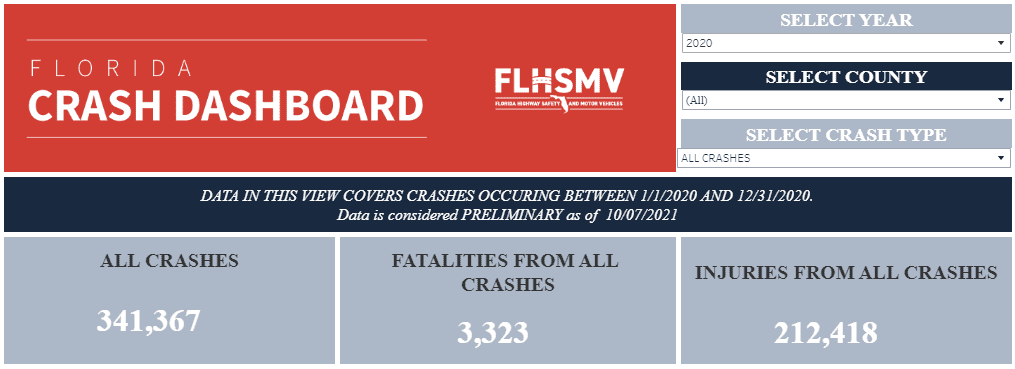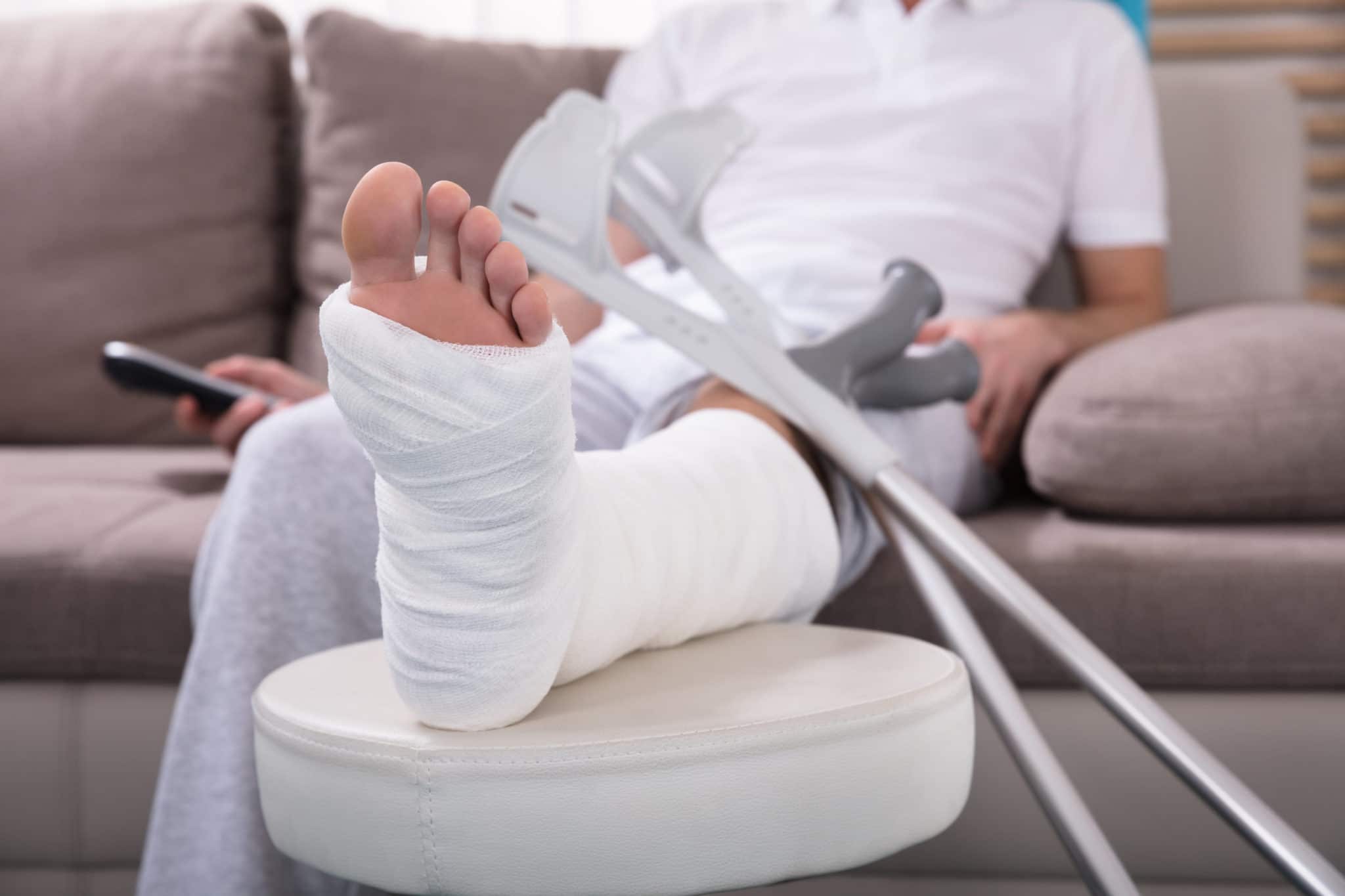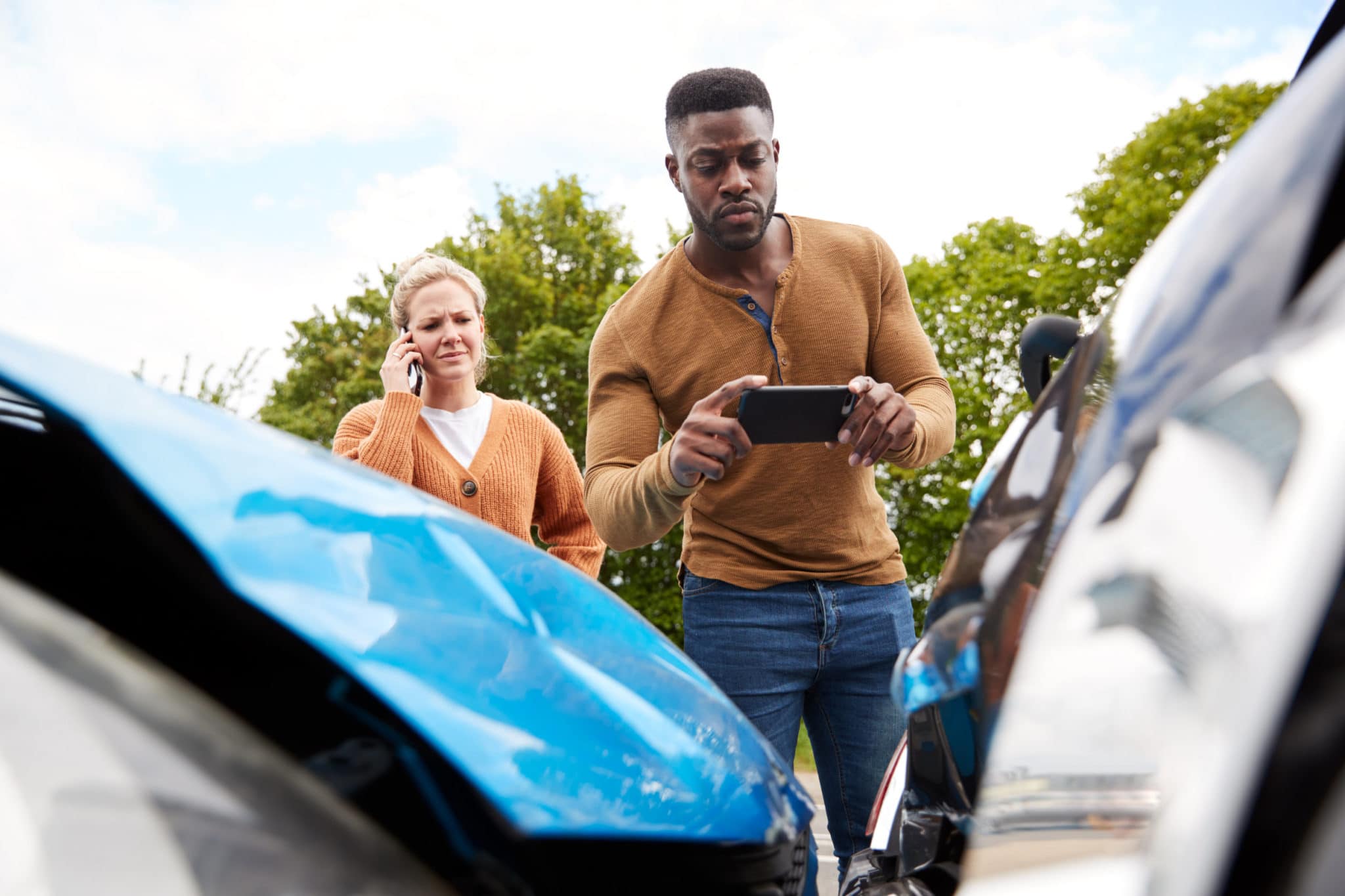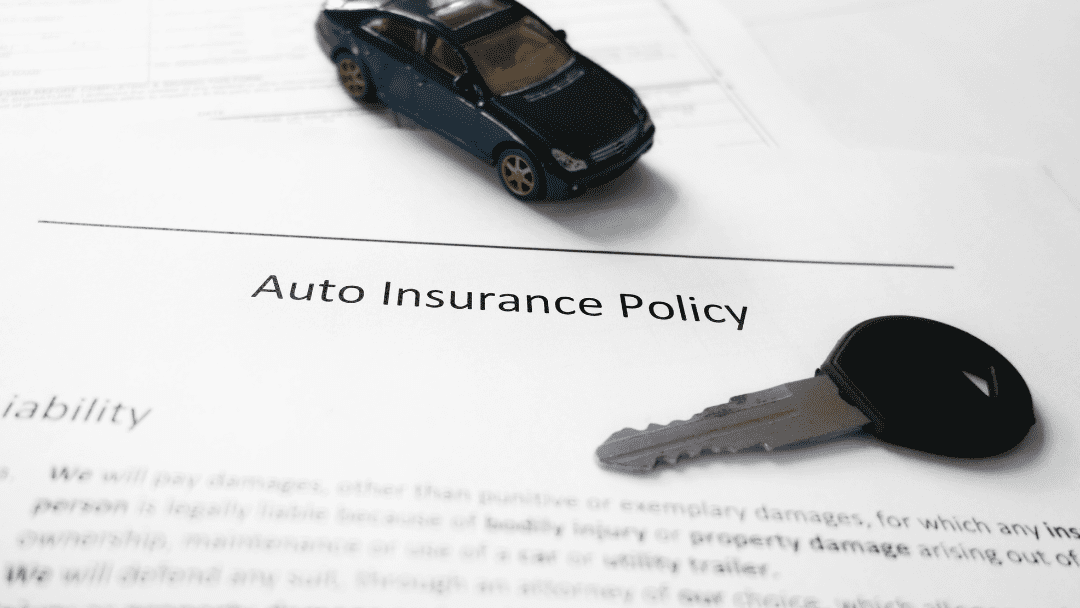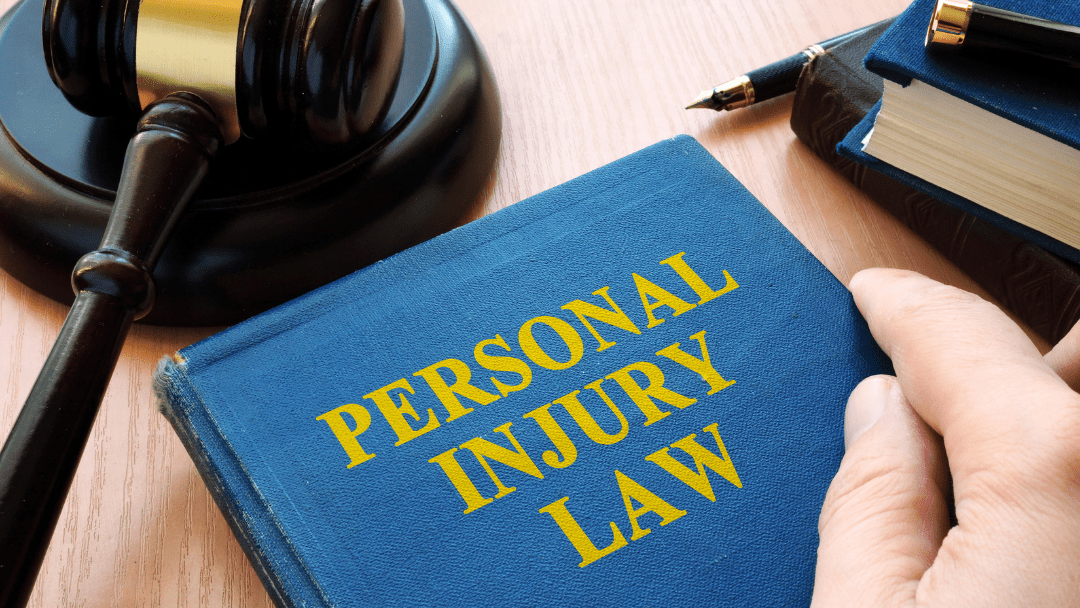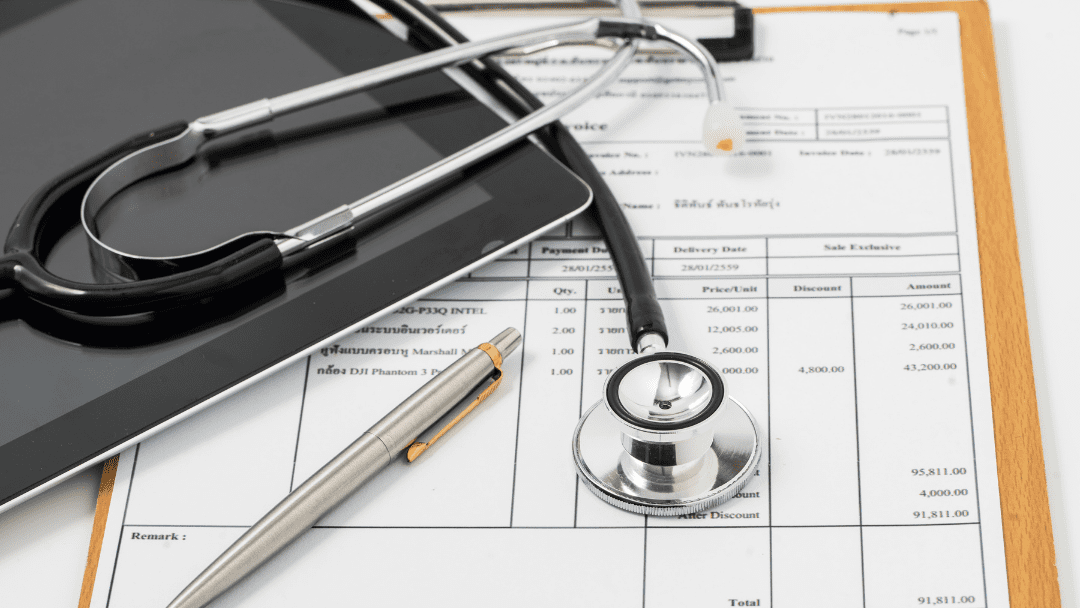Everything You Should Know about Auto Accident Injuries in Florida
Driving carries the inherent risk of experiencing an accident, but that doesn’t make it any less shocking when it happens to you.
Every person who drives in Florida should make a point to understand the laws surrounding auto accidents in the state, just in case you happen to be involved in one. Here’s what you need to know about auto accidents in Florida, including what you should do if, in the event of an accident, you sustain an injury.
Florida Auto Accident Statistics
2020 saw a decrease in the number of accidents in Florida, likely because there were fewer people on the road during the height of the COVID-19 pandemic. However, according to the Florida Department of Highway Safety and Motor Vehicles, there were 341,331 car accidents in the state, with 3,341 of them being fatal. 212,535 of these auto accidents also involved injuries.
Florida Crash Dashboard Source: FLHSMV, 10/2021
The Most Common Types of Florida Car Accidents and Injuries
The Florida Department of Highway Safety and Motor Vehicles provides all kinds of data regarding car accidents in the Sunshine State. It’s important to understand the common types of accidents to help you stay more diligent on the roads.
The most frequent types of Florida car accidents include:
- Rear-end collision
- Rollover
- Side-impact
- Sideswiping when merging lanes
- Head-on collisions
- Hit and run accidents
- Intersection accidents
- Parking lot collisions
There are also common injuries associated with car accidents. They include:
- Back injuries
- Internal injuries
- Burns
- Broken bones
- Disfiguring injuries to the face
- Loss of limbs
- Whiplash and neck injuries
- Foot injuries
- Ankle injuries
- Knee Injuries
- Shoulder injuries
- Bruises and lacerations
- Traumatic brain injuries
- Spinal cord injuries
One of these injuries could be serious enough for you to exceed what your own insurance will cover. This could lead you to file a personal injury lawsuit to help recover medical damages from the accident.
What To Do If You’re Involved In an Car Accident
If you are involved in a Florida car accident, there are several steps you should follow. Not only do these steps ensure the safety of everyone involved — but they also protect you in the future, if the need arises for compensation beyond what your own insurance provides.
After a car accident, you should:
Assess
First, make sure that you’re safe. Turn on your hazard lights if possible so other drivers on the road can see you. Then, evaluate your injuries and those of any passengers. If anyone needs help, call 911 right away.
Take Pictures
If no one needs immediate medical attention, then you should document the accident as best you can. If you can do so safely, take pictures of the people and vehicles involved in the crash, as well as any minor injuries sustained. Make sure to include probable factors that may have influenced the accident, such as inclement weather, road signals, obstructions, or road construction.
Get Witness Information
You should also obtain the contact information of any witnesses to the accident. It will help down the line if the case needs to go beyond the standard insurance scenarios. They will be able to provide testimony as to what occurred.
Call the Police
You should report the crash to the police even in the event that the accident is minor. This protects you because it provides documentation of what happened for insurance purposes. And don’t forget to call the insurance company to report it, too.
Requirements for Florida Insurance
Florida is considered a “no-fault” state regarding auto insurance. What this means: each individual’s insurance policy has to cover their expenses from an accident, no matter who is at fault.
If there are injuries or damages that exceed what an insurance policy covers, it is possible to sue the insurance company of the other driver to cover the additional damages. This is executed through a personal injury lawsuit.
Every driver in Florida is required to carry a certain amount of coverage in order for the no-fault system to work. Under Florida law, every driver must have a minimum of $10,000 in personal injury protection to cover costs not associated with property coverage, such as lost wages and injuries.
Additionally, drivers need to maintain $10,000 in property damage liability. These are the minimum amounts required by law, and you have to carry proof of this coverage with you at all times in the vehicle.
For any accident that causes damages or injuries of more than $500, the involved parties must immediately report the incident to their insurance companies. The insurers will still investigate the accident to determine who is at fault after they receive the police crash report.
Keep a few other key aspects in your awareness when it comes to car accident coverage in Florida:
You Have 14 Days to Get Medical Care
Any time you are involved in a car accident, you should see a doctor as soon as possible to have your injuries treated. Even if you don’t go to the emergency room directly after the crash, you should make an appointment to see a doctor within 14 days.
If you do not get medical treatment within this time period, and your medical bills exceed $10,000, Personal injury protection (PIP) insurance may not cover your injuries. This applies whether or not the injured person was responsible for the accident.
There Is Limited Compensation for Non-Emergency Injuries
In Florida, you are entitled to the limit of the full policy if you sustain emergency injuries as part of a car accident. However, non-emergency injury coverage is often capped at $2,500 under PIP insurance.
Injuries are considered an “emergency” for those that:
- Place your health in serious jeopardy
- Cause serious dysfunction of an organ or body part
- Cause serious impairment of one or more bodily functions
You Can Only File a Third-Party Claim for Serious Injuries
Injuries sustained in a car accident are considered “minor” to “moderate” for those from which you’re expected to make a full recovery. In other words, these are injuries in which you typically get back to work quickly.
Damages for these types of injuries cannot be pursued by filing a third-party insurance claim or a personal injury lawsuit. Compensation can only be sought through your PIP insurance.
However, do not let this information stop you if you’re struggling to cover medical bills. Anyone who sustains a serious or catastrophic injury in a car accident should talk with an experienced attorney about pursuing a claim to cover their damages.
In order to be successful in the pursuit of damages that stem from your injuries, you will have to show that there was negligence on behalf of the other driver.
Basically, this means that they had a duty owed to others – those with whom they shared the road – and that those duties were breached. Your degree of fault as well as the causation of the accident are also taken into account.
Florida Statute of Limitations
Anyone who sustains property damage or an injury from an accident has a certain time period under which they can file a personal injury lawsuit. If the other party was in some way negligent and responsible for your injuries or property damage, then you have four years from the date of the car accident to file a personal injury claim.
The only caveat to this: if you are involved in an accident with a government entity, like a city bus. In that case, you have 90 days to file a suit regarding the incident. After the statute of limitations has expired, you can no longer bring a lawsuit.
Comparative Fault in Florida
Florida may be a no-fault insurance state, but that doesn’t mean fault cannot be found against an accident-involved driver in court. Florida maintains what are called “pure comparative negligence” laws. Under these statutes, each party involved in the accident can be held liable for the role they played.
If you are filing a lawsuit for damages or injuries in the wake of an accident, then pure comparative negligence will come into play to determine the amount of compensation to which you are entitled. Your assigned role in the car accident will impact how much compensation you’re able to receive from the lawsuit.
For example, if you’re involved in a car accident in which the damages are determined to be $100,000, but the court finds that the other driver was only 80 percent responsible for the accident, then you can only be awarded $80,000 — 80 percent of the total damage cost. The 20 percent of comparative negligence you were assigned is deducted from the compensation.
Under this Florida law, victims in accidents can recover damages for their injuries as long as they are not wholly liable for the accident.
How Are Damages Calculated After a Car Accident in FL?
Multiple elements influence how Florida will calculate damages in the wake of a car accident. Your attorney can help estimate these damages based on several factors.
In general, there are three types of damages that can be pursued after a car accident:
Punitive Damages
These types of damages are not frequently awarded. Their purpose is to punish gross negligence or intentional misconduct in order to deter it in the future.
Punitive damages are limited by Florida law. They cannot exceed three times the amount of non-economic or economic damages received or $500,000 — whichever is higher.
Economic Damages
These are damages that compensate the victim for financial loss suffered as a result of the accident. That includes detriments like:
- Lost wages for being unable to work
- Damage to property
- Medical expenses
- Lost earning capacity
- Any costs of future medical treatment that may be required because of injuries
Economic damages are estimated based on actual expenses. Some costs, such as future loss of earning capacity and medical treatment, may be quite complicated to estimate.
Non-Economic Damages
These are also known as general damages. They are more subjective than economic damages. Common examples of non-economic damages are more abstract measures like:
- Pain and suffering
- Loss of life enjoyment
- Loss of companionship
An experienced attorney can help you to understand whether you can recover non-economic damages in your case. If it’s possible, they’ll help you estimate the value.
The Multiplier Method
Most attorneys in Florida use the multiplier method when estimating non-economic injury damages. This method estimates your economic damages on a scale from one to five.
The more severe the injuries sustained, the higher the number you’ll choose to multiply the damages. The result shows how an attorney can estimate the non-economic damages to which you may be entitled.
It’s not an exact method by any means, but it can help to set expectations in a case. Keep in mind that if this estimate doesn’t take into account whether or not your injuries meet the tort threshold, then it can be way off.
Florida Tort Thresholds
This brings us to the tort threshold. In most Florida car accident cases, you must prove that your injuries go above this minimum threshold in order to receive non-economic damages.
Under the law in Florida, examples of injuries that exceed this threshold are:
- Permanent or significant loss of a vital body function
- Disfigurement or scarring
- Permanent injury
- Death
If you have sustained injuries that fall under these categories, then you may be able to pursue non-economic damages in Florida.
What If You’re Hurt in a Pedestrian Car Accident in Florida?
If you are hit by a car while walking in Florida, you likely have a very solid personal injury case. Florida pedestrian laws require those in vehicles to yield to those on foot at crosswalks and intersections.
Cars have a heightened duty of responsibility to pedestrians, so compensation may be quite possible to recover if you’re involved in an accident. You should follow the same guidelines as anyone involved in a car accident, even if you were on foot at the time.
Car accidents are a frequent occurrence, and serious injuries can result from these unfortunate incidents. If you were involved in a car accident in Florida, you should make sure to follow the guidelines outlined here. These suggestions can help build and maintain a case if you should need to pursue further damages in the future.
If you are a Florida driver who has been injured in an accident, you can get the help you need. Contact an experienced car accident attorney to help determine if you have a case.
About the Author:
Andrew Winston is a partner at the personal injury law firm of Winston Law. For over 20 years, he has successfully represented countless people in all kinds of personal injury cases, with a particular focus on child injury, legal malpractice, and premises liability. He has been recognized for excellence in the representation of injured clients by admission to the Million Dollar Advocates Forum, and named one of America’s Top 100 High-Stakes Litigators. Mr. Winston is AV Preeminent Rated by the Martindale-Hubbell Law Directory, enjoys a 10.0 rating by AVVO as a Top Personal Injury Attorney, has been selected as a Florida “SuperLawyer” from 2011-2020 – an honor reserved for the top 5% of lawyers in the state – was voted to Florida Trend’s ”Legal Elite,” recognized by Expertise as one of the 20 Best Fort Lauderdale personal injury attorneys, named one of the Top 100 Lawyers in the Miami area for 2015-2017, and one of the Top 100 Lawyers in Florida for 2015-2017 and 2019.
 There’s More Than One Way To Get Hurt in a FL Pool
There’s More Than One Way To Get Hurt in a FL Pool 